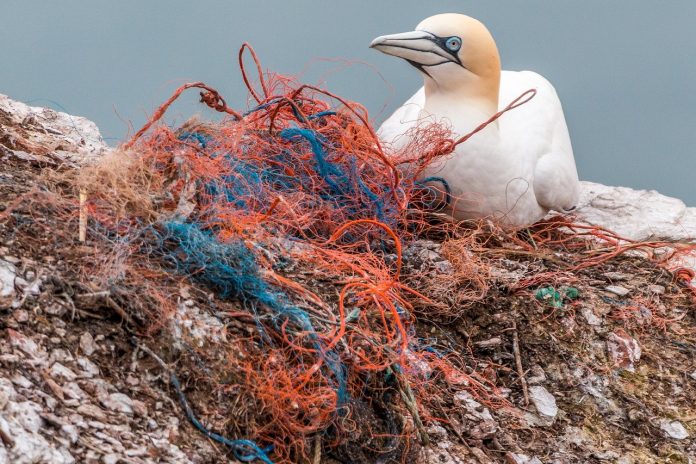Hydrogen is seen as a good replacement for fossil fuel, but the ways we make it either create too much carbon dioxide or are too expensive. Researchers at Rice University have found a way to get hydrogen from plastic waste using a method that doesn’t produce a lot of emissions and could even make money.
They changed waste plastics, even mixed ones that don’t need to be sorted or cleaned, into hydrogen gas and graphene, which is a valuable material. Kevin Wyss, who did the study, said, “If we sell the graphene for just 5% of its current value – like a 95% discount – we can make clean hydrogen for free.”
To compare, ‘green’ hydrogen, made using clean energy to split water, costs about $5 for a bit over two pounds. But most of the hydrogen used worldwide in 2022 came from fossil fuels and made a lot of carbon dioxide.
James Tour, a professor at Rice, said, “Most of the hydrogen we use today is ‘gray’ hydrogen, made using a method that makes a lot of carbon dioxide. We’ll need more hydrogen in the future, so we can’t keep making it the old way if we want to reduce emissions to zero by 2050.”
The researchers heated plastic waste quickly for about four seconds, making it very hot. This turned the hydrogen in the plastic into vapor, leaving behind graphene, which is very light and strong and made of a single layer of carbon atoms.
“When we first tried this method, we saw a lot of gases coming out of the reactor,” Wyss said. “We weren’t sure what they were, but we thought they might be a mix of small hydrocarbons and hydrogen. We didn’t have the right equipment to study them properly.”
With funding from the United States Army Corps of Engineers, the Tour lab got the equipment they needed to figure out what the gases were.
“We know that polyethylene, a type of plastic, has 86% carbon and 14% hydrogen. We showed that we can get up to 68% of that hydrogen as gas, and it’s very pure,” Wyss said. “It was hard but worth it to learn how to measure all the gases, including hydrogen, made by this method.
“I’m glad I learned these techniques, and I hope this work will help make clean hydrogen from plastic waste. It could also help with big environmental problems like plastic pollution and the greenhouse gases made when we produce hydrogen from methane.”


